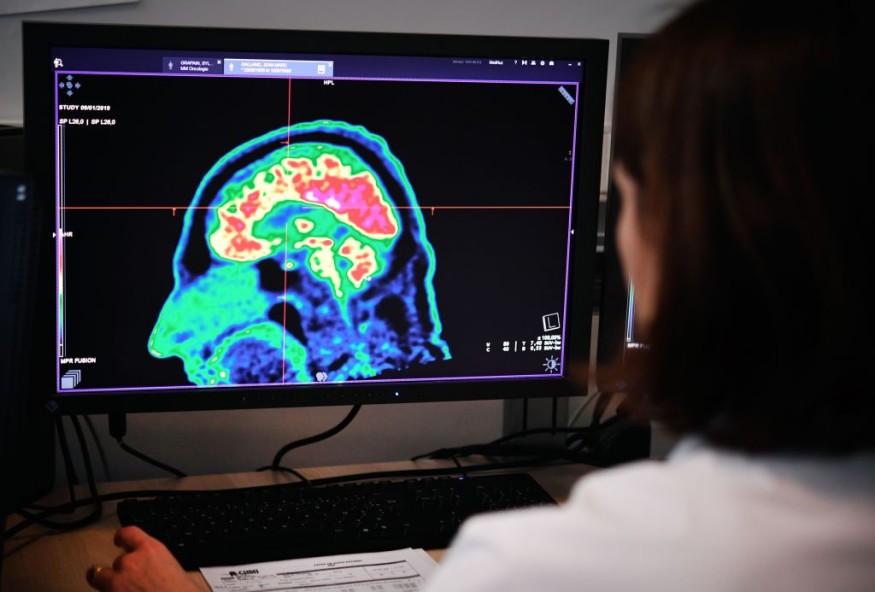Cancer has been reported to be the leading cause of deaths in multiple countries worldwide.
With no cure in sight, scientists still attempt to determine the cause and biological mechanisms behind the life-threatening disease.
Now, a new study in the United Kingdom found that an unidentified protein essential for brain development is also a potential candidate for cancer spread or cancer metastasis.
Researchers from the Queen's University Belfast in Northern Ireland found how the previously unknown protein goes on its journey through a molecular pathway.
The research team also determined that an alteration to this pathway could result in the cancer spread throughout the body.
Cancer metastasis pertains to the process wherein mutated cells or cancer cells separate from their original starting place in particular part of the body.
This is made possible as they reportedly travel through the bloodstream or the lymph system, causing healthy cells or healthy organs to be afflicted with cancer tumors.
For several decades, cancer has killed millions of people, earning its reputation to be the main cause of natural deaths.
It is a generic lexical term to depict the myriad of diseases affecting different parts of the body.
Most of their names are derived from where cancer cells formed or the part where the malignant (cancerous) or benign (non-cancerous) cells are affecting.
Cancer-Causing Protein

The new paper published in the journal Nature Cell Biology on Monday, August 8, unravels the molecular mechanisms of cell movement that is essential for the migration of newborn neurons during brain development.
The study discovered that a particular protein called ZNF827 travels through a molecular pathway called Epithelial to Mesenchymal Transition (EMT), which is vital to the said cell migration during early phases not only of development processes but also wound healing later in life.
Cancer Diagnosis and Treatment
As summarized by News Medical, research authors identified the ZNF827 as a critical regulator of EMT.
However, the protein is also susceptible of being hijacked or exploited by tumor cells, for them to have a chance to spread throughout the body.
Since cancer is conventionally known as the uncontrollable growth and spread of cancer cells, the study could serve as a foundation for future studies regarding the spread of the deadly tumors.
Furthermore, the authors also hope it could be the basis of further understanding on cancer metastasis and brain development, potentially leading to earlier diagnosis and improved treatments, as cited by News Medical.
Global Cancer Cases
The World Health Organization (WHO) recorded almost 10 million people died from cancer globally in 2020; with the most common cases include breast cancer, lung cancer, colon cancer, rectum cancer, and prostate cancer.
The WHO highlighted that 33% of deaths were caused by unhealthy lifestyle choices like alcohol consumption, tobacco use, high body mass index (BMI), lack of physical activity, and low fruit and vegetable intake.
Nevertheless, the organization claims early diagnosis and treatment are still the most effective means to battle cancer despite of the absence of an absolute cure.
© 2026 NatureWorldNews.com All rights reserved. Do not reproduce without permission.





